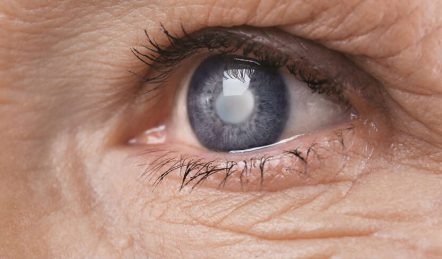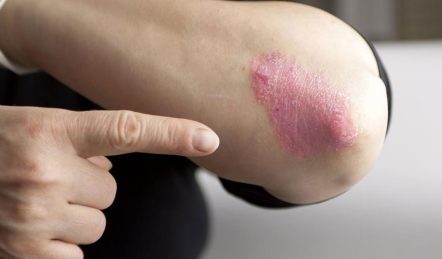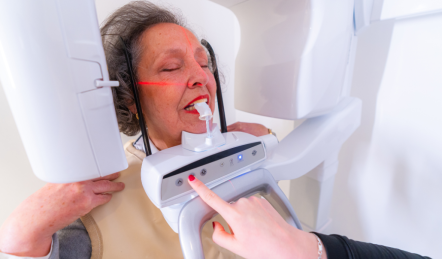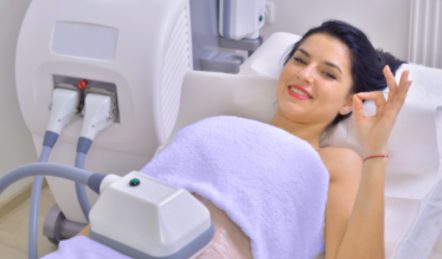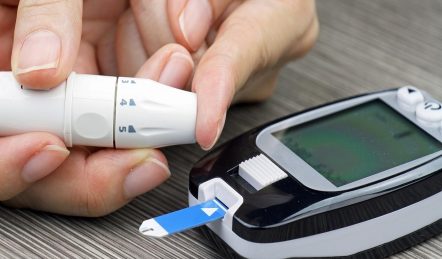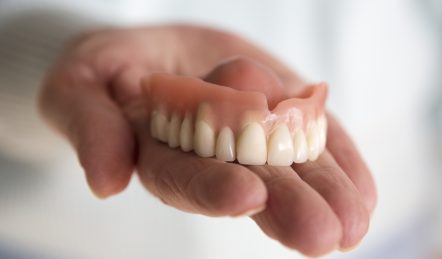5 Proven Effective Ways to Manage Psoriasis
According to the National Psoriasis Foundation, as of date, 125 million people worldwide have psoriasis. That comprises 2 to 3 percent of the world’s population1. Its cause still remains unknown, and to make matters worse, there is no known cure. But don’t worry because you can manage psoriasis.
Even though psoriasis is not treatable, there are ways to manage the disease. The key to managing psoriasis is to prevent flare-ups. What does this mean exactly? It means lifestyle change, including what you eat and several environmental factors.
Plus, a little research on experimental or unconventional treatments wouldn’t hurt. What do you have to lose, right? But always consult your primary care provider before trying on these treatments.
What Is Psoriasis?
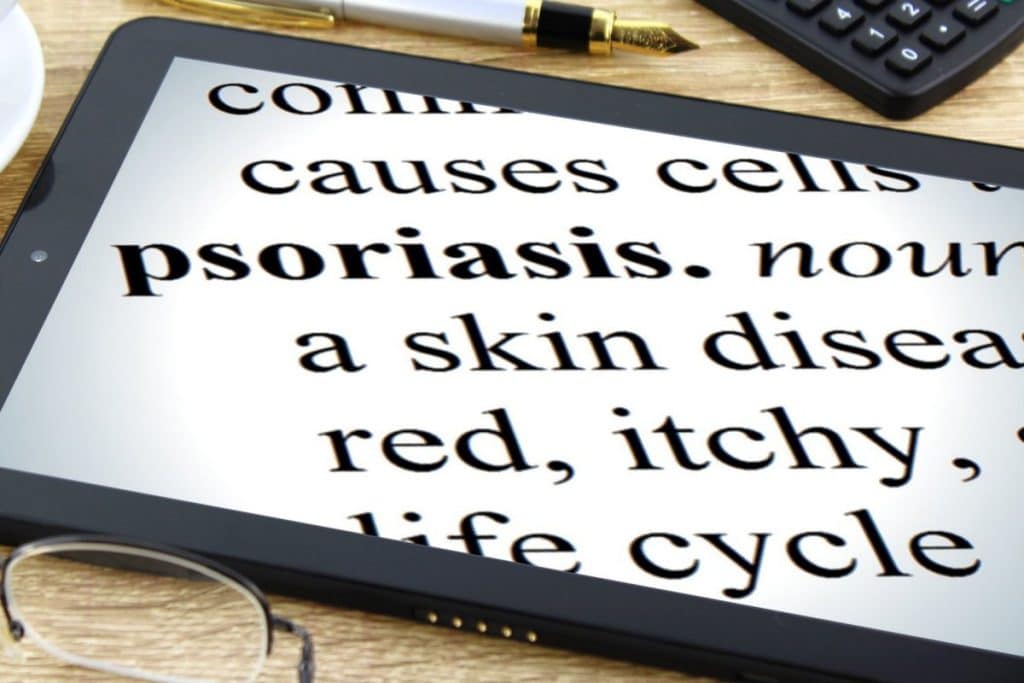
Before anything else, what exactly is psoriasis? Psoriasis is classified as an autoimmune disorder manifested by red, flaky patches on the skin. Physical manifestations also include skin irritation and itching.
But hold on, what does a skin disease have to do with an immune system disorder? What you may not know about psoriasis is that your immune system mistakenly attacks healthy skin cells causing flare-ups. In short, your immune system is messed up with no known cause.
Is Psoriasis Treatable?
As of date, there are no known treatments for any form of psoriasis. However, over-the-counter prescription medications, both topical and oral, can prevent triggers2. Some people also use more alternative and natural remedies to manage the outbreaks.
Moisturizing with lotion or topical creams can also help calm the itchy sensation. You can talk to your doctor about treatment options to manage psoriasis. Meanwhile, you can try these remedies at home.
5 Proven Effective Ways to Manage Psoriasis
1. Skincare
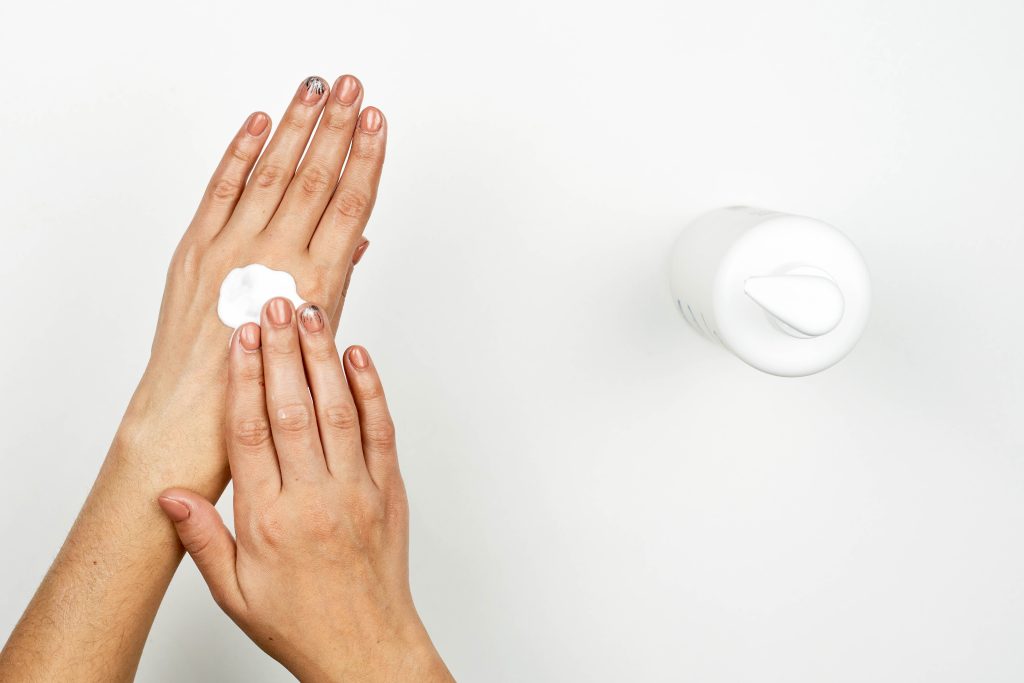
Your doctor will most likely prescribe the use of steroids, topical solutions, lotions, or cream to help heal the flare-ups. The goal of skincare for psoriasis is to keep your skin moist. In addition, it is the easiest yet most effective way to address irritated skin.
Proper skin care helps your skin heal. As a result may reduce itching, dryness, redness, and scaling. The symptoms of psoriasis may worsen due to dry skin. That’s why you also have to be careful of the skin products you use, especially those containing alcohol. Talk to your doctor about which brands are recommended.
Here are some tips to remember when choosing skincare products to keep your skin moist:
- Always check the ingredients of the product. Avoid products that contain alcohol; it is the biggest culprit that worsens flare-ups.
- Ointments are highly recommended as they are thick and have a heavy formulation. It locks in moisture in the skin for longer periods.
- Lotion, creams, and moisturizers also work well in dealing with flare-ups. Choose a fragrance-free product because the fragrance may irritate. Also, avoid using perfume or cologne.
- Apply skincare products after a bath or when you change clothes. Also, reapply throughout the day as you feel your skin starts to dry. It’s also recommended to apply more lotion or ointment during cold days.
2. Add Moisture to the Air
Besides applying skincare products to keep your skin moist, it’s also important to add moisture to the air. Why? When the air around you is dry, it will most likely contribute to the dryness of your skin. As a result, it will worsen outbreaks.
How can you exactly add moisture to the air? Use a humidifier at home or the office, especially on hot days. A humidifier will moisten the ambient air in your surroundings, thus keeping your skin healthy and moist.
Other than using a humidifier, you can also place indoor plants to increase the humidity in your surroundings. Examples of these plants are spider plants, jade plants, Boston ferns, and many more3.
3. Be Mindful of What You Eat
If you have psoriasis, you need to be mindful of what you eat because certain foods can trigger flare-ups. No matter how many moisturizers you apply or how much you humidify the air, all of this will come to waste if you don’t avoid eating the foods that cause flare-ups. The foods to avoid if you have psoriasis are:
- Red meat (e.g., beef, lamb, pork, venison, goat)
- Nightshade vegetables (e.g., tomatoes, eggplant, potatoes, and pepper)
- Wheat-containing foods (e.g., bread, biscuits, pancakes, wafers, cake, pizza, pastries, and many more)
- Processed foods with high salt, sugar, and fat contents
- Eggs
The best foods to include in your diet if you have psoriasis are:
- Broccoli, Brussel sprouts, cauliflower
- Strawberries, blueberries, and raspberries
- Fatty fish like trout, salmon, and cod
- Olive and coconut oil
It is best to speak to your doctor, nutritionist or dietician so they can help you come up with a meal plan to help control the flare-ups.
4. The Sun is Your Friend
Yes, if you have psoriasis, the sun is your friend. Get out and keep moving. Get your dose of Vitamin D at least 2-3x a week. The ultraviolet rays of the sun help the skin lesions heal and prevent the growth of bad skin cells. Just remember to wear sunscreen before you get a dose of Vitamin D. You’re preventing psoriasis flare-ups, but you can never avoid sunburn.
5. Lifestyle Change
The silver lining in having psoriasis is having to lead yourself in living a healthy lifestyle. Lifestyle change means losing the vices like smoking or drinking alcohol. Nicotine and alcoholic beverages can trigger flare-ups too. You should also avoid too much stress and get enough sleep to prevent future episodes of inflammation.
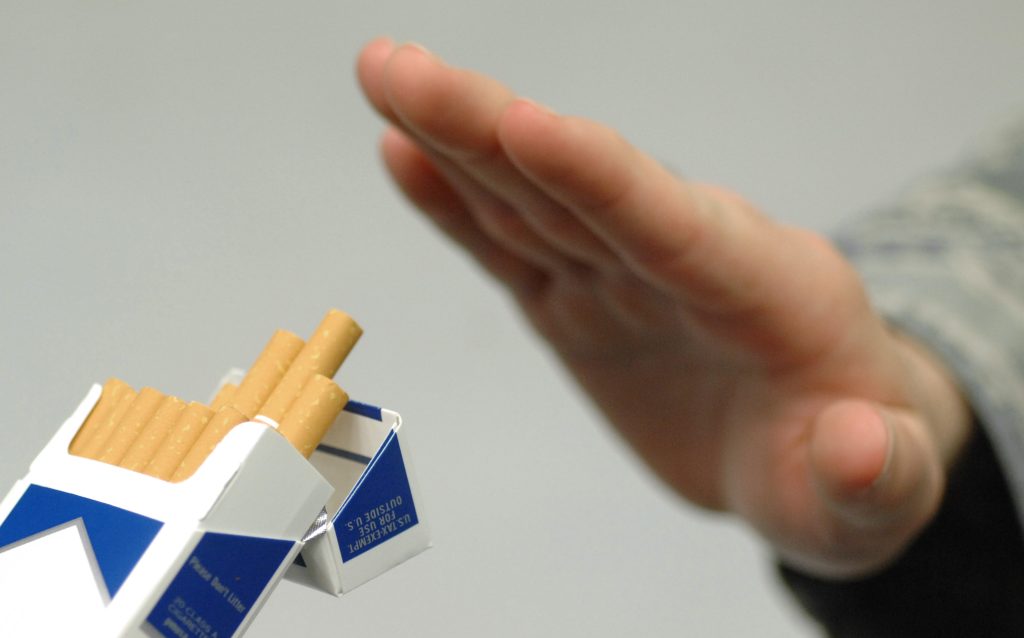
Bottom Line
Good news! There are several experimental treatments you can try to manage psoriasis. You should not feel discouraged and not lose hope in dealing with this disease. What’s important is that you should be optimistic by trying breakthrough treatments.
References:
1 Psoriasis Statistics – The Impacts of Psoriasis
2 BMJ Journals -Psoriasis treatment: current and emerging directed therapies
3 American Society for Horticultural Science – Evapotranspiration from Spider and Jade Plants Can Improve Relative Humidity in an Interior Environment




